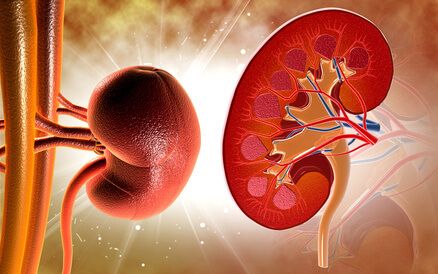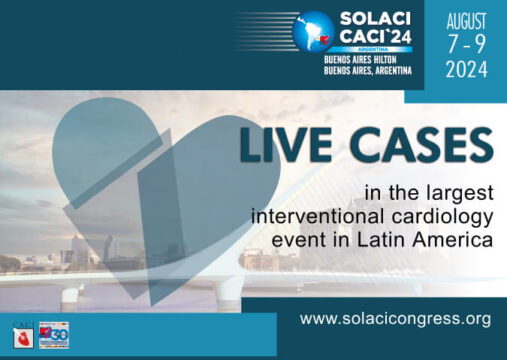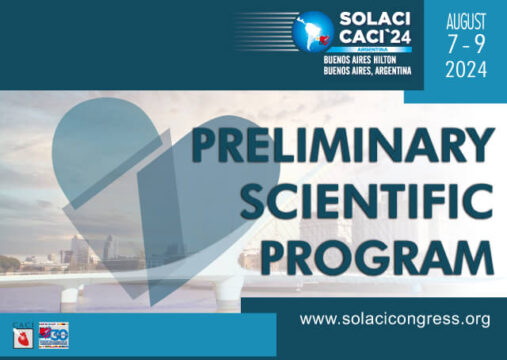Sleep duration (either short or long) affect the risk of stroke according to this recent analysis. We had visited a study published in JACC on the link between acute MI and sleep duration. This study appears to show similar results as regards sleep duration and stroke.

The work prospectively included 79,881 men and women between 45 and 79 followed up until their first event (event or stroke) for mean 14.6 years. The study also looked into genetic polymorphisms identified with sleep duration obtained from a publicly available database (MEGASTROKE and the International Stroke Genetics Consortia).
Long sleep (>9 hours a day) was associated with increased total risk of stroke and ischemic stroke (HR 1.12 and 1.14, respectively), while short sleep (<7 hours a day) increased the risk of intracranial bleeding.
These results replicate almost exactly the MI results, where sleeping over 9 hours a day or fewer than 6 hours a day increases MI risk by 20 to 30%.
Read also: Hours of Sleep and Myocardial Infarction Risk.
The genetic analysis was not that clear, opening the possibility of a casual association. Without question, we do not have enough information to recommend a number of hours of sleep a day as primary prevention strategy against MI or stroke.
Conclusion
This large prospective study associated long sleep with increased risk of total and ischemic stroke, while short sleep was associated to intracranial bleeding.
Original Title: Sleep Duration and Stroke. Prospective Cohort Study and Mendelian Randomization Analysis.
Reference: Olga E. Titova et al. Stroke. 2020 Nov;51(11):3279-3285. doi: 10.1161/STROKEAHA.120.029902.
Subscribe to our weekly newsletter
Get the latest scientific articles on interventional cardiology





